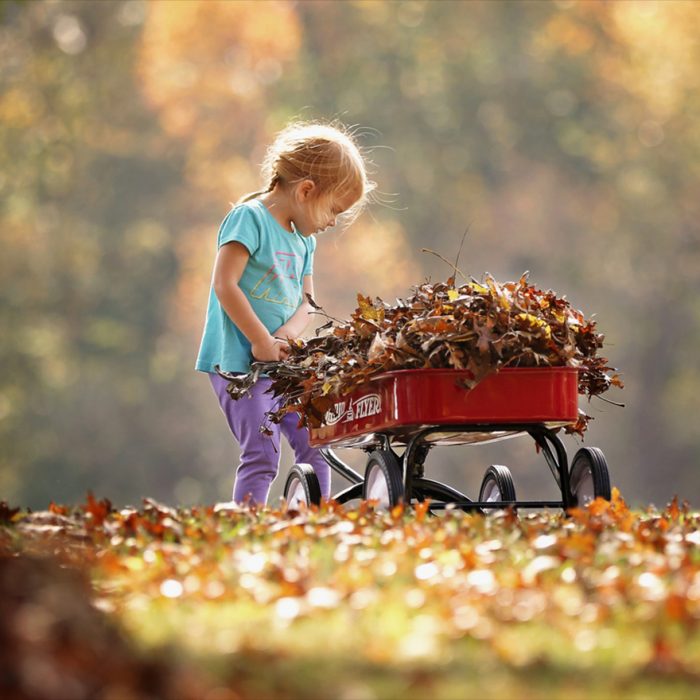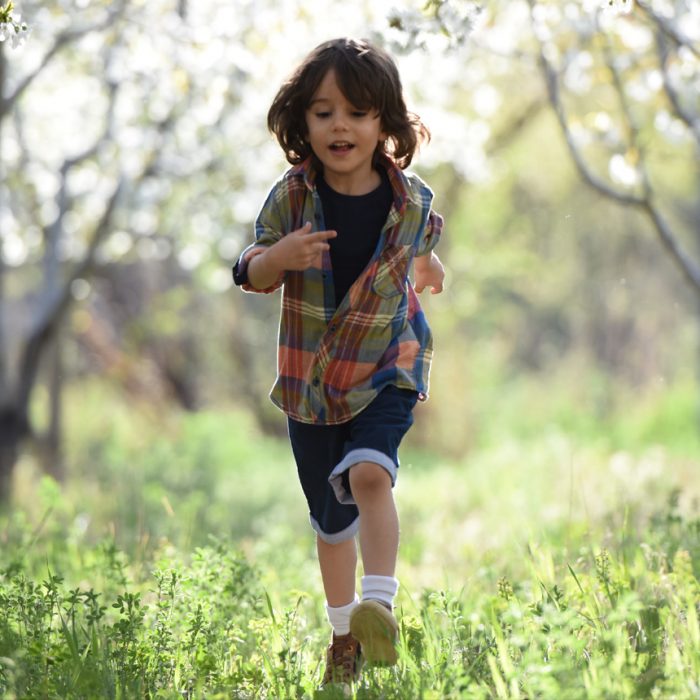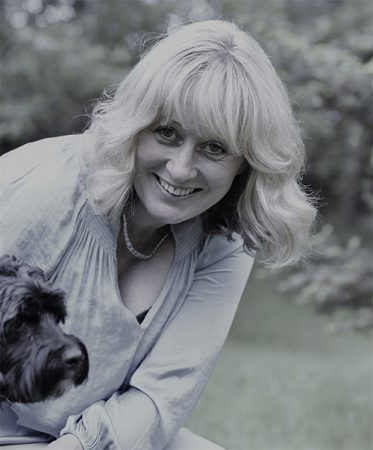Welcome
Early childhood provides a wondrous but brief window of developmental opportunity in which we can profoundly shape and influence children’s growth, resilience and learning for their long term gain.
I am a researcher in educational neuroscience and qualified early childhood practitioner and offer presentations of my work for early years teacher training courses, CPD sessions and parenting talks. Originally inspired by personal experience and extensive study of Waldorf, Montessori and other alternative educational systems, I now draw on emerging, cutting edge scientific theories of brain development to present the scientific rationale behind an early education for the social, emotional and creative Self.
My approach to the early childhood development and learning focusses on inspiring empathy, social understanding, creativity and motivational drive.
I also enjoy writing children’s stories and am currently working on a variety of different children’s fiction books with my talented illustrator and friend, Rhiannon Thomas. Please see my ‘Children’s Fiction’ page for further details and how to purchase.
Sarah Rees
Looking Through the Lens of Neuroscience
My mission is to provide an accessible insight to the neuroscience that can now substantiate such an strong focus on imaginative development in childhood. I am interested especially in the emerging field of Mind Wandering research, where cognitive psychologists and neuroscientists capture the science of spontaneous thought. I am particularly interested to understand how, when and why spontaneous thought arises in the mind and how its underlying brain network, the Default Mode Network, relates to a developing sense of Self.
Three Key Developmental Areas

Motivational Drive

Creative Potential

The Social Self
If children can develop strength within these key areas in their first years of life, they will reap significant long term benefits in terms of their emotional health and academic achievement.
SARAH REES
As a parent myself and early years specialist, I am particularly interested in the potential impact of our modern-day existence and related habits on young children’s development of Self.
My research work in neuroscience and education focusses on how we can best support our children to lead happy and fulfilling lives and develop the abilities needed to meet our current and future environmental and societal issues with creativity and a true sense of moral responsibility.
I hope you are inspired and challenged by what you read and I welcome conversation, questions or enquiries, should you wish to get in touch.

Pricing for all services will be based on your individual requirements. Listed timings can be flexible.
Please feel free to contact me for a chat.
Early Childhood Presentations & Workshops
A Series of Presentations for Early Childhood Professionals:
1. The Power of Imitation as a Pedaogogical Tool – explaining the mirror neuron system.
2. The Hidden Beauty of the Day Dream – exploring the neuroscientific value of spontaneous thinking.
3. ‘Mindful, Meditative Role Modelling’: the benefits to early years practice of establishing clarity, order and beauty in physical and emotional form.
4.‘The Violent Play Dilemma’ – managing war and gun play in early childhood’
All talks usually 90 minutes including discussion time, but can be adapted according to your requirements.
Non Early Years Work
Presentations and Workshops for teachers and parents also available:
1. ‘Appreciating Adolescence’ – investigating the neuroscience of the teenage brain.
(90 minutes)
2. ‘The Neuroscience of Creativity‘ – looking at key influences in the development of creative potential through childhood.
(90 minutes)
Training & Support for Waldorf Educators
1. A series of presentations and workshops specialised for Steiner Waldorf kindergarten teachers. Through looking in detail at Waldorf Early Years pedagogy in relation to neuroscientific concepts, I am able to offer teachers a scientific rationale for key everyday pedagogical practices and so equip them with a fresh, accessible language with which to explain the Waldorf approach.
(90 minutes)
2. Training visits for newly qualified Waldorf kindergarten teachers to highlight the significance of creating ‘Clarity, Order and Beauty’ in the kindergarten environment, both physically and emotionally. The visit includes a 45 minute presentation on the neuroscience of mindful, meditative role modelling and the potential impact of mindful practice on kindergarten group cohesion. Embedded within this talk are inspirational descriptions of outstanding classroom preparation from past research undertaken.
(2.5 hours)

